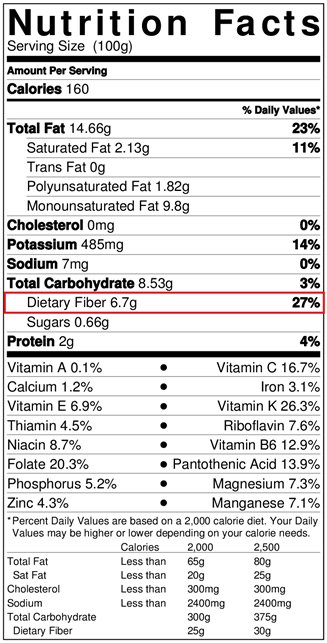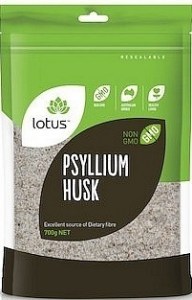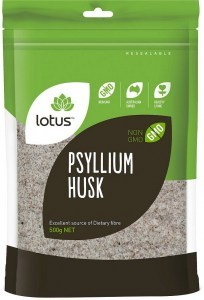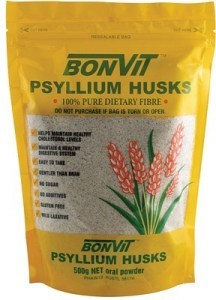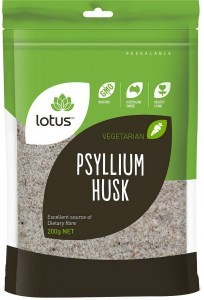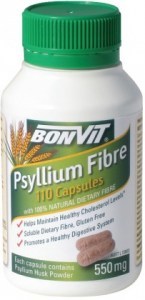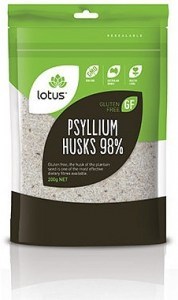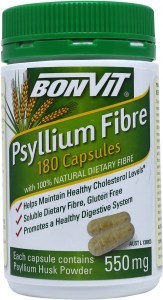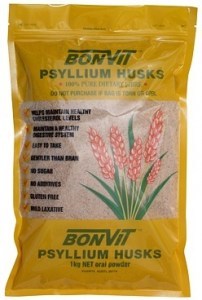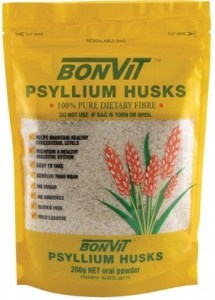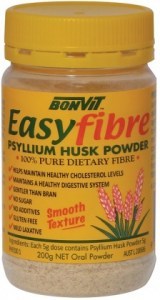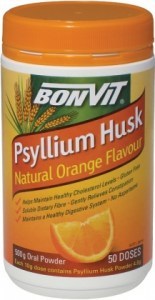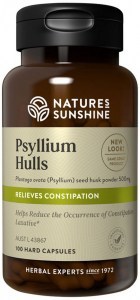
Psyllium Husk
Psyllium husk is a fibrous powder made from the seed husk of the plantago ovata plant, grown worldwide but native to Asia, North Africa, and Europe. Sometimes referred to by the name ispaghula, the psyllium husk is ground into a powder and used as a natural fibre supplement. Psyllium can help maintain digestive health acting as a natural laxative, and multiple studies have shown it may help lower high cholesterol and improve LDL cholesterol, lower blood pressure, and may help prevent heart...
Frequently Asked Questions
Is psyllium husk gluten free?
Psyllium husk is naturally gluten free. It’s an excellent gluten-free option for baking since its gel-forming nature helps bind food to improve texture and ensure it stays together. It’s also beneficial for increasing the fibre content of foods due to it’s high-fibre content.
Is psyllium husk good for you?
Adding psyllium husk to your diet can help increase your intake of fibre in both soluble and insoluble forms (though psyllium husk is higher in soluble fibre) with no negative side effects. Using psyllium daily can hlep improve digestive health thanks to the cleansing effect it has on the digestive system, specifically the colon. Research points to it being beneficial for a variety of health woes, including constipation, diarrhoea, hypertension, lowering blood pressure and high cholesterol levels among other things. When used as part of a healthy, whole foods diet it is considered good for weight management thanks to its satiating abilities. If you’re looking to lose weight psyllium may help when taken before meals because it can increase the feeling of fullness faster.
How is psyllium husk made?
Psyllium husk (also known as ispaghula) is the husk from the seed of the plantago avato plant. Each plant produces thousands of seeds, which are coated in a husk that has a gelatinous nature.
Where does psyllium husk come from?
Psyllium husk is derived from the seed of a shrub-like plant, plantago avato. The plant is native to India, north Africa and Europe, however it can be grown all over the world.
Is it safe to take psyllium husk everyday?
Studies have shown there are no adverse side effects in taking psyllium husk daily. It is recommended to start with a small dose and increase the dosage based on individual efficacy, depending on the desired result. Due to it’s water absorbing nature and bulk forming effect, it’s essential psyllium husk is taken with enough water. Therefore it’s suggested 1 teaspoon is consumed with a large glass of water. This will ensure optimal hydration and reduce the possibility of psyllium husk swelling in the throat. Consuming an additional glass of water after consumption can also help it pass through the digestive tract and reduce the likelihood of digestive upset.
How much psyllium husk should I take a day?
It is recommended to start with one teaspoon of psyllium husk per day, taken with a large glass of water. You can then increase dosage to up to three times a day depending on your needs. Seek medical advice if symptoms persist.




